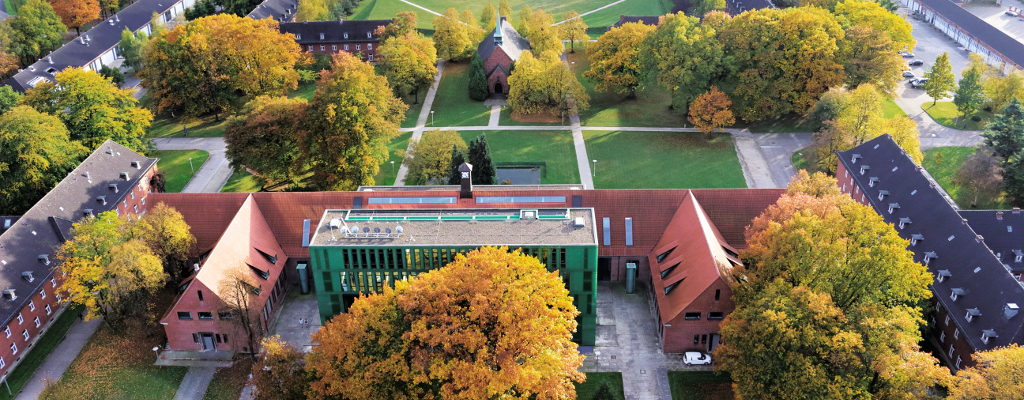Cultural rewiring of the brain: How, and why, does it happen?

Cultural rewiring of the brain: How, and why, does it happen?
Culture is to humans as water is to fish. This epithet illustrates how important culture is to human adaptation. At the same time, however, it also raises a fundamental question of how, and why, culture might achieve this vital function.
In the present talk, I argue that culture is composed of various scripted behavioral patterns designed to meet specific core values (called “cultural tasks”).
As people grow up, they develop their identities by adopting some subset of cultural tasks. They will then repeatedly engage in the selected tasks. This process will eventually yield neural pathways that are optimally attuned to carry out these tasks, with their brains plastically rewired accordingly. These culturally mediated neural changes will enable people to perform their cultural tasks automatically, without conscious awareness or monitoring.
For them, to act naturally is already to act by their culture’s norms and values. This process of neural rewiring may provide an important basis for both social and biological adaptation. Recent evidence for the plastic change of brain structure through culture will be discussed.
Shinobu Kitayama
University of Michigan
Prof. Dr. Shinobu Kitayama, an international leading socio-cultural psychologist and recipient of the Humboldt Research Award, has just started his first longer research stay at Jacobs University. The award is linked to a research collaboration with Dr. Ulrich Kühnen, Professor of Psychology and Head of the Master's program in Psychology at Jacobs University Bremen.
Professor Kitayama's work on cultural variations in the construal of identity and their consequences for psychological functioning has shaped the field of cultural psychology profoundly. Recently, he investigated the dynamic, recursive interaction between culture and the brain. During his stay in Germany, Professor Kitayama will examine how deep anxiety associated with declining trust in social institutions might fuel prejudice, dogmatic thinking, aggression, and violence.
On Wednesday, July 3rd, Professor Kitayama will give a talk at the Bremen International Graduate School of Social Sciences (BIGSSS) at Jacobs University. Everyone is cordially invited to attend!
Time: Wednesday, July 3rd, 2019, 4.30 p.m.
Location: Jacobs University, South Hall, Seminar Room West